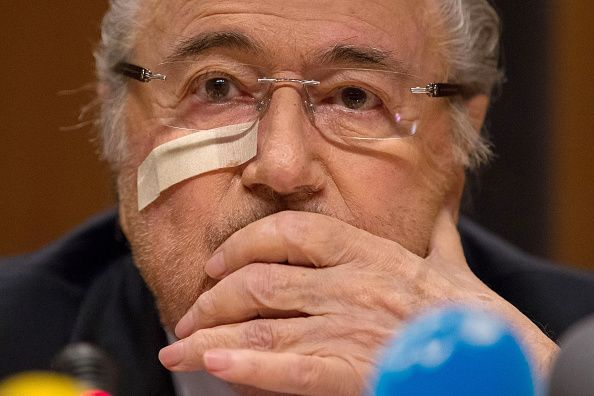
Just one of a plethora of issues: The bid-rigging allegations that have plagued Qatar since 2010
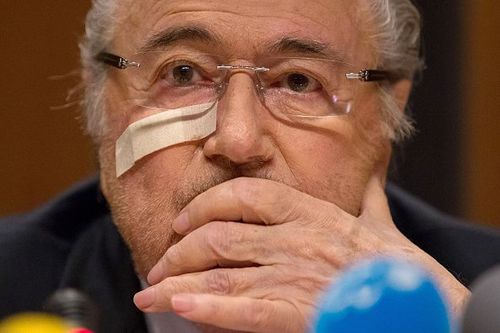
The decision to award the 2022 FIFA World Cup to Qatar has been one that has been widely criticized for various reasons. Issues such as growing concerns over the overly harsh conditions for migrant workers, the concerns about the extreme climate (solved by hosting it in winter, which has led to scheduling concerns for club football the world over), and concerns about infrastructure, as well as the worryingly high levels of homophobia and racism associated with countries in the Gulf region due to the strict implementation of Sharia law, have all cropped up after Qatar won the bid.
However, potentially the most disquieting facet of the entire drama surrounding Qatar involves football's world governing body- FIFA, and actual decision to award the World Cup to them.
It has been a well-known fact that FIFA has been involved in multiple scandals, particularly when the issue of corruption crops up- thanks in no small part to unscrupulous former officials such as Sepp Blatter and Jack Warner. As US Senator Richard Blumenthal quite eloquently put it, "comparing FIFA to the mafia is almost insulting to the mafia."
But the issue of Qatar's successful World Cup bid could potentially be more far-reaching than any other in uncovering the true extent of corruption at the top level of world football. Here are the major events part of this controversy.
2011: The Curious Case of Phaedra Almajid
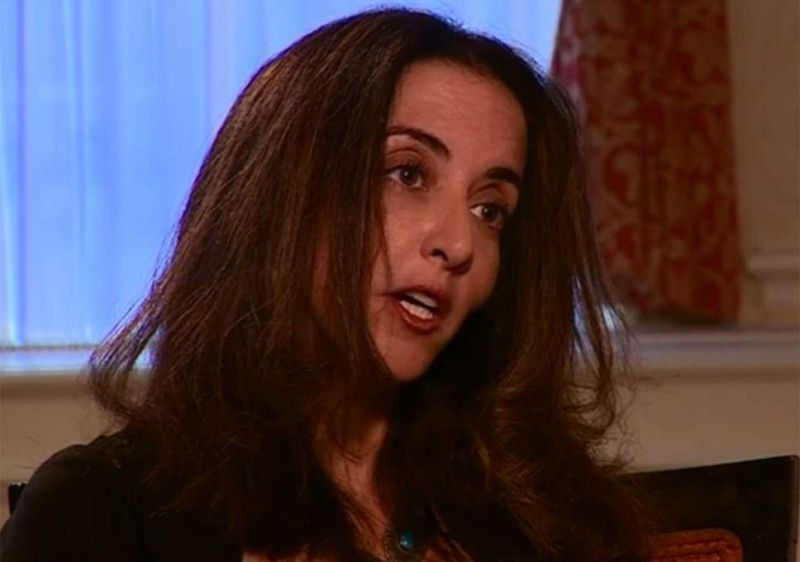
Concerns over the legitimacy of Qatar's victory first surfaced in 2011 when Phaedra Almajid, a journalist who was relieved of her duties as part of Qatar's team for the 2022 bid in 2010, alleged that prior to the bid, Qatar had paid various African football officials amounts exceeding 1.5 million US dollars, to ensure that they could count on their support. In essence, she claimed that they had tried to buy votes.
She even provided evidence of wrongdoing on Qatar's part to Michael J Garcia's independent inquiry into the controversy, on the condition of anonymity, which she claimed was breached by the head of adjudication on ethical matters, Hans-Joachim Eckert (more on that later).
Interestingly enough, Almajid withdrew the allegations the same year (2011), even signing an affidavit stating that she fabricated the whole thing to take revenge on Qatar for firing her from the bid team. The affidavit also stated that she had not been put under any sort of pressure to withdraw the allegations.
However, speaking to Sky Sports News in 2014, she stated the following:
Do I regret being the Qatar whistleblower? It has cost me personally, it has cost me emotionally -- I know for a fact I will be looking over my shoulder for the rest of my life. It has cost me my credibility and most importantly it has cost me the security of both me and my children. However, I did witness something and I believe I did have to say what I had witnessed.
Even as late as July 2018, she retweeted a Sunday Times article detailing the "Black Ops" undertaken by Qatar in their effort to win the bid, captioning it with "Countdown". This strange sequence of events perhaps suggests that the withdrawal of her allegations could well have been due to pressure from the Qatari government.
2012-2017: The Garcia Report
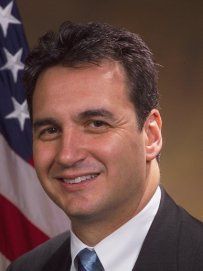
Following the concerns first raised by Almajid, and various public protests, FIFA appointed former US Attorney Michael Garcia to launch an investigation into the supposed breach of ethics. He was to report back to FIFA's head of adjudication on ethical matters, Hans-Joachim Eckert. Both men were considered trustworthy as they came from outside the 'family of football', with no familial connections to the sport.
Garcia completed his probe into the issue and submitted a 430-page report to Eckert in September 2014. Eckert, citing witness confidentiality to be of utmost importance, refused to publish the entire report, instead of releasing a 42-page summary, which hypocritically mentioned Almajid by name, exposing her to possible threats.
In addition, the summary was widely criticized as a "whitewash" and Garcia himself stated that it was "materially incomplete", resigning soon after in disgust.
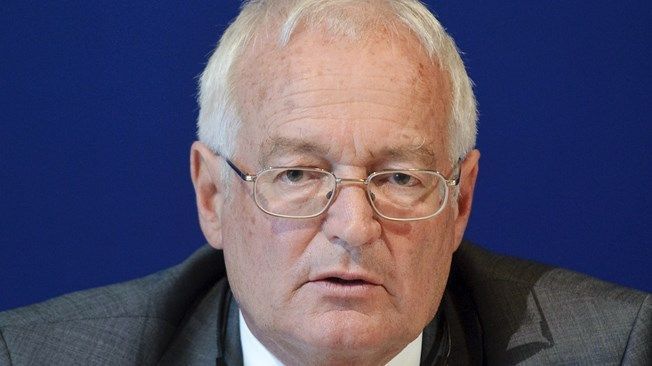
On the 26th of June 2017, German news publication Bild reported that they had obtained a leaked copy of the Garcia report and intended to release it as soon as possible. The very next day, before the Bild could follow through, Eckert released the Garcia report in its entirety. It brought up no concrete evidence of bid-rigging, but it did showcase some extremely relevant yet suspicious points, such as:
Lack of cooperation:
The only people who could have known for sure about any bid rigging were the people involved in the process. However, in his two years investigating the matter, Garcia found that only 5 out of the 22 members of FIFA's Executive Committee fully cooperated with him. The lack of cooperation from the other 17 certainly raises doubts about how fair the voting process actually was.
Ricardo Teixeira and Sandro Rosell, Qatar and Barcelona
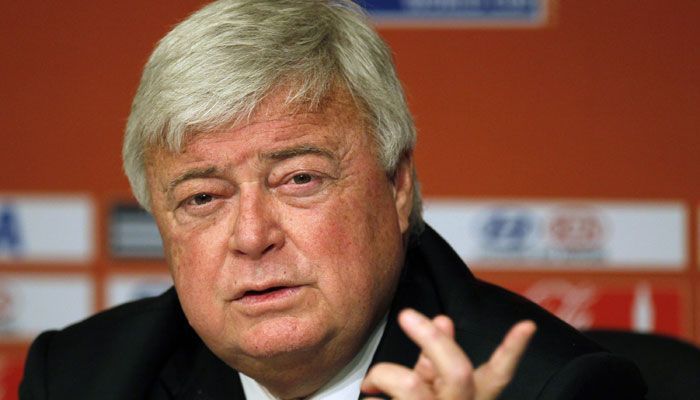
Ricardo Teixeira, the president of the Brazilian football federation at the time, stayed in Qatar for four nights prior to the voting process for the allocation of the tournament, before a suspiciously large sum of 2 million US dollars was wired to his 10-year-old daughter's savings account. The report also stated that the payment was made by the then FC Barcelona president Sandro Rosell, with no evidence linking him to Qatar.
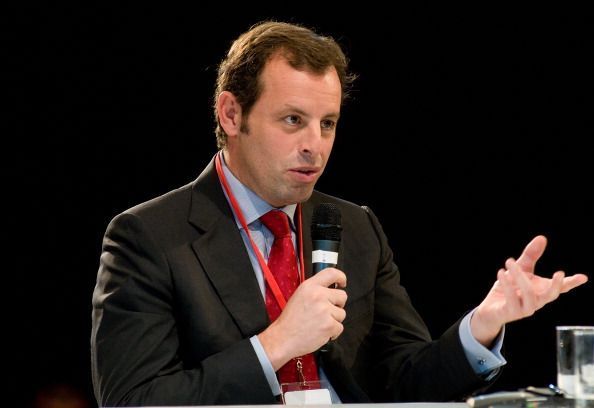
However, the following possibility cannot be discounted. Qatar Sports Investment, and subsequently Qatar Airways, were the primary shirt sponsors for FC Barcelona from 2011 to 2017. It is entirely possible that in the process of negotiating this deal, Rosell may have met with Qatari officials, and indeed, Teixeira, and agreed to participate in this as part of the sponsorship deal.
It is also damning to note that Teixeira, in July 2012, just 4 months after his 23 year tenure at the helm of Brazilian football, he, along with his father in law Joao Havelange, was found guilty of accepting over 41 million dollars in bribes in connection with the award of World Cup marketing rights.
Whatever It Takes: The Inside Story of the FIFA Way
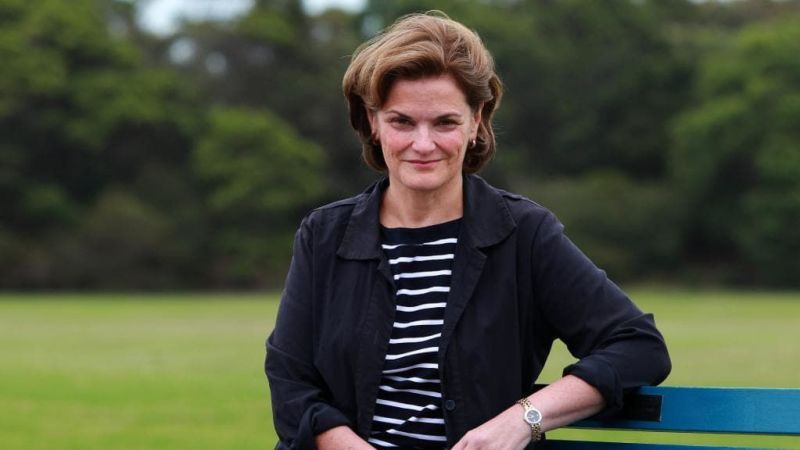
In January 2018, the footballing world received another shock. Bonita Mersiades, a key member of the Australian team's bid for the 2022 World Cup, published a book titled "Whatever It Takes: The Inside Story of the FIFA Way", detailing Australia's failure to win the bid as well as opening up an entirely new can of worms, on the bid-rigging issue.
Mersiades (who was also blatantly named in Eckert's summary of the Garcia report) alleged that in the months leading up to the vote, FIFA officials were concerned that Qatar winning the bid would leave them financially crippled in 2022 and that as a result of this, Qatar's state-sponsored television channel Al-Jazeera promised to pay FIFA 100 million dollars if Qatar won the bid.
In fact, just 21 days before the result was announced, Al Jazeera offered FIFA 400 million dollars for broadcasting rights to the showpiece event, with the contract including a secret TV deal wherein Al Jazeera guaranteed FIFA a further 100 million dollars if Qatar won the bid. Reportedly, an additional 480 million dollars were offered by the Qatari government themselves three years later, bringing the total up to 980 million dollars paid by Qatar to FIFA to host the World Cup.
Mersiades also came out publicly in support of Almajid when she released the book, tweeting:
Finally, on a personal level, I'd like FIFA to apologize to @palmajid and me. Phaedra, like me, has been shamefully treated by the power elite of football.
In so desperately disparaging us, they have diminished themselves.
Conclusion
We may never know for sure whether the Qatar bid was rigged or not. But currently, as the waters grow ever murkier, and the release of new information causes further headaches, the debate will surely rage strong. One cannot doubt their enthusiasm for hosting this World Cup, but with the bid-rigging scandal being just the tip of the iceberg, Qatar 2022 may well turn out to blow up in FIFA's and Qatar's faces spectacularly.